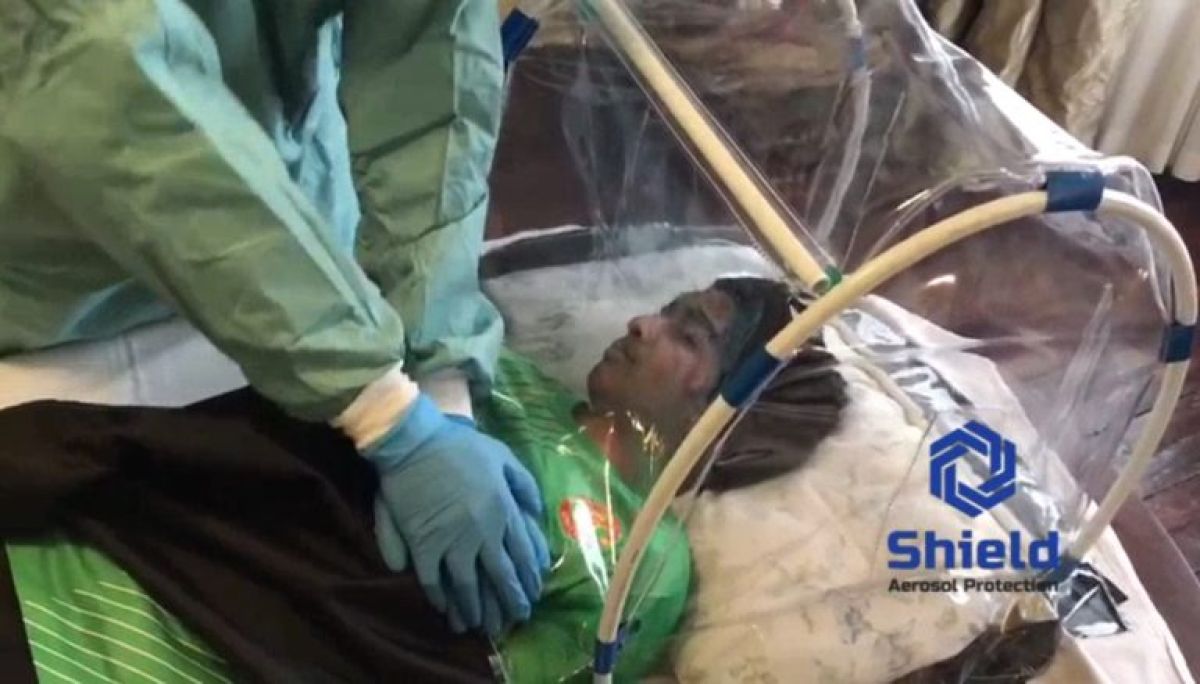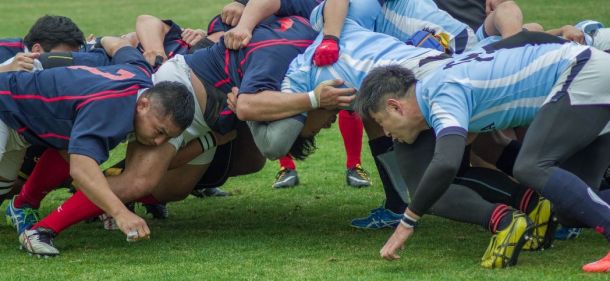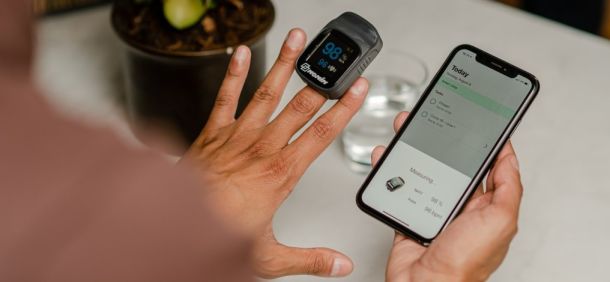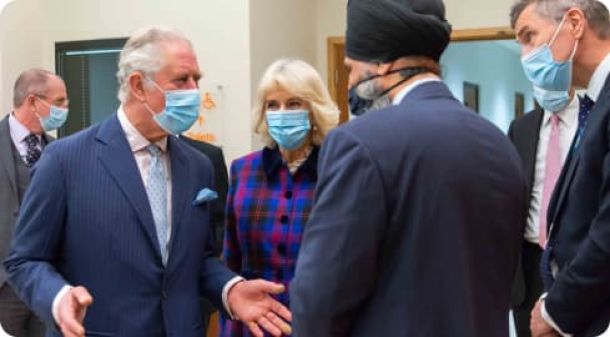
Birmingham-designed pop-up tent protects frontline NHS workers from COVID-19

A disposable plastic ‘pop-up tent’ which creates a protective barrier between patients and healthcare professionals could be the latest line of defence for frontline NHS workers thanks to a new product developed by a collaborative team effort in Birmingham.
Designed by experts at the University of Birmingham, the Disposable Resuscitation, Intubation and Nebulisation Kit Shield – or DRs INK Shield – is a compact device designed to cover the patient’s head, neck and shoulder area while treatments for COVID-19 are administered.
The transparent plastic shield, which features self-closing access points, protects medical staff from airborne droplets that may put them at risk of contracting the virus while allowing them line-of-sight access to the patients’ airways to perform life-saving procedures such as inserting or removing breathing tubes.
Barrier products like these already exist, however current designs are often hard walled boxes which are not only difficult to store in large numbers, but difficult to manoeuvre in emergency situations. The DRs INK Shield is around five times lighter and one third of the cost of currently available solutions.
Its pop-up design means it can be assembled in seconds as well as easy to store prior to use while the disposable material means that it can be disposed of along with other clinical waste.
The project, which has rapidly moved from conception through product development to launch and taking orders in less than a week, has brought together the expertise of staff from the University’s College of Medical and Dental Sciences and College of Engineering and Physical Sciences.
The prototype was tested at the Royal Orthopaedic Hospital in Birmingham with nursing staff, recovery room technicians and anaesthetists. Medical staff using the equipment reported feeling safer and more comfortable, and that it is easy to assemble and use.

Design lead Matthew Campbell-Hill from the Institute of Clinical Sciences said: “We’re told that COVID-19 is primarily spread through respiratory secretions which transmit the virus via the fine spray of droplets released when infected people talk, cough, sneeze or even yawn.
“With much of the treatment for the virus focused around the airways, it is imperative that healthcare workers are protected from potential contamination while still being able to deliver the vital treatments that will save people’s lives.
“Our shield offers an additional form of PPE that can be rapidly assembled during emergency situations adding an extra layer of protection for frontline staff. Staff who have used it report increased confidence in their personal safety, as well as the ease of use and lightness. While this design has the potential to be a vital tool during the current pandemic, we envisage its use in a range of care settings beyond hospitals including ambulances, care homes and public areas.”
Dr Richard Williams, Research Fellow in the Healthcare Technologies Institute within the Institute of Translational Medicine added: “Taking the time to fully understand the clinical problem and then move at speed was essential. Even in this national emergency, some basic considerations of placing a product into service still apply. We drew upon our key contacts and worked remotely to provide an appropriate solution in a timely manner with the ability to scale.”
The equipment is designed to reduce exposure to COVID-19 during procedures such as intubation, resuscitation, ventilation by Continuous Positive Airway Pressure (CPAP) or Bilevel Positive Airway Pressure (BiPAP), delivering treatments by nebuliser, and any other intervention that requires medical staff to be close to the patient’s face.
Aerosol Shield is being manufactured by Airquee, a company that makes medical, emergency and decontamination tents for the military, health services, and humanitarian organisations. The product is being sold at near-cost to healthcare providers (with a small margin to allow for any potential changes in raw material or manufacturing costs).
The next stage of the project will see the team deploy the solution as quickly as possible to the front-line of COVID-19 care. More information about the DRs INK Shield can be found on the Aerosol Shield website.

Aerosol Shield was designed by: Matthew Campbell-Hill; Dr Egidio da Silva, Consultant Anaesthetist at the Royal Orthopaedic Hospital; GP Dr Lydia Campbell-Hill; Dr Mark Reeves, Director at MRA Technology Ltd; and Dr Richard Williams. Commercial support was delivered by David Juggins from Hugo Technology Ltd, and Design Assistant Richard Baker-Stevens.







